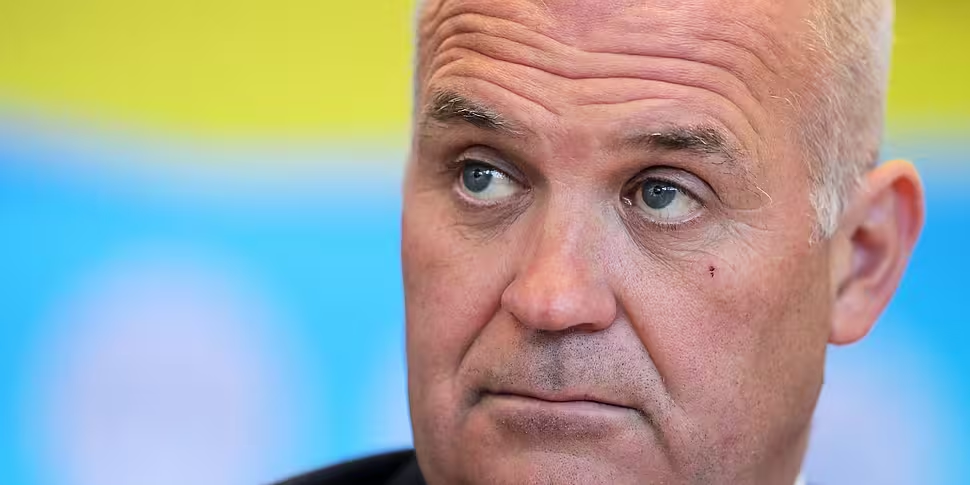Health officials will “assume the worst” about the Omicron variant until more information is available, the Chief Medical Officer has said.
As of this morning, a total of 59 cases of the new strain had been confirmed in 11 European Union and European Economic Area (EU/EEA) countries.
All the patients were either asymptomatic or were experiencing mild symptoms. There have been no severe cases or deaths related to the variant reported in EU/EEA as yet.
The first case of the new variant was confirmed in Ireland this afternoon.
Cases have also been reported in 12 other countries around the world.
WHO
This morning, the World Health Organisation (WHO) said early evidence suggests most cases are mild and noted that there is no evidence to suggest the vaccines are any less effective against it.
The body did note that some of the strain’s 50 mutations - 32 of which are on the spike protein - indicate an increased risk of transmission.
Maria van Kerkhove from the WHO Health Emergencies programme said today that officials should know more about the strain’s transmissibility within days.
"Precautionary approach"
Speaking to reporters today, the Chief Medical Officer Dr Tony Holohan said health experts are working to find out more information.
“I suspect as the days and the weeks go by, our level of knowledge of this will increase substantially,” he said.
“For now, there is quite a bit uncertainty surrounding all of this and the right thing, from our point of view, is to assume the worst in terms of taking a precautionary approach to the decisions we make around this variant.”
Omicron
Officials this afternoon said the detection of Ireland’s first case was a matter of ‘blind luck’.
Genome sequencing analysis was conducted on eight samples in recent days, including the one confirmed as the Omicron strain.
Public health officials say they were fortunate to identify the case, which was in a random sample referred for lab testing.
Booster
Trinity College Immunology Professor Kingston Mills said the variant has added new impetus to Ireland’s booster campaign.
“I think what we know is that immunity drops off or wanes after two immunisations with all the vaccines and boosting is very effective at restoring that immunity,” he said.
“It really focuses the tension on boosters right now for the whole population and I think the case for that is now stronger than ever.”
Vaccine
He said it could be months before an Omicron vaccine can be brought to market.
He said a new jab could be developed quite quickly, but it will have to go through regulatory checks.
“The companies that make the MRNA vaccine in particular – which is a very flexible technology say they can make it in a matter of weeks,” he said.
“But it will take months to have it assessed in safety trials and then assessed by the regulatory agencies for approval so all in all, you are talking about at least three to four months before that will be ready for routine use – assuming everything goes well.”
Cases
A further 3,793 new COVID cases were announced in Ireland this evening.
This morning, there were 578 COVID-19 patients in Irish hospitals – down one on yesterday and 5% on this day last week.
There were 117 in intensive care, which is down five on yesterday and 11% on last week.









